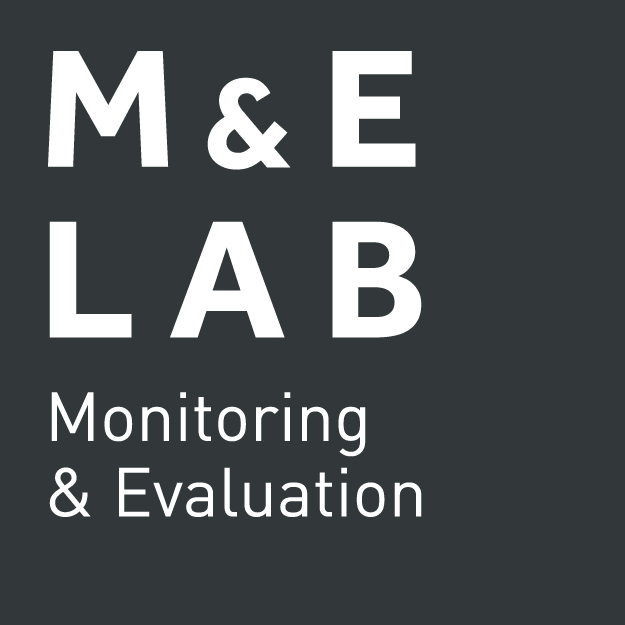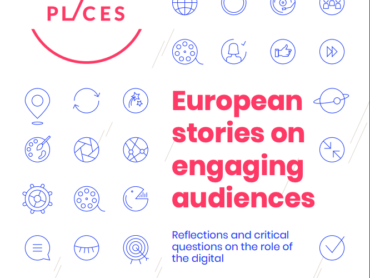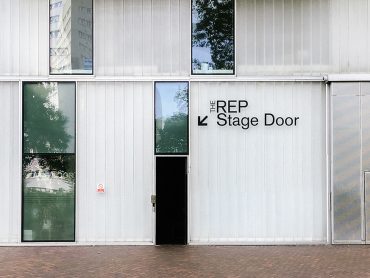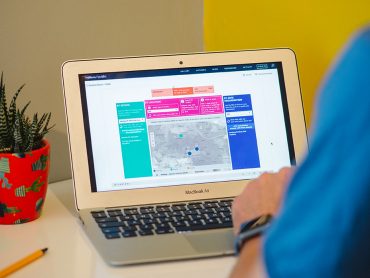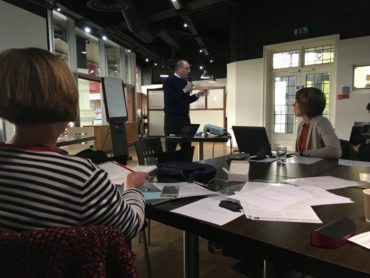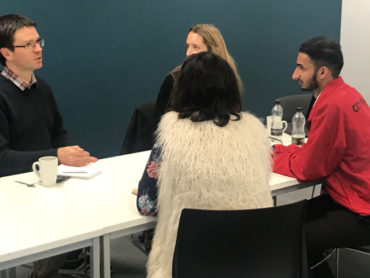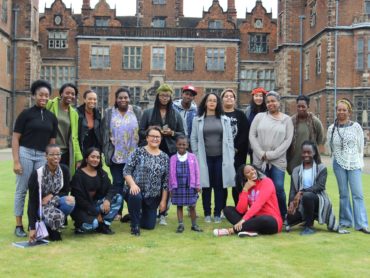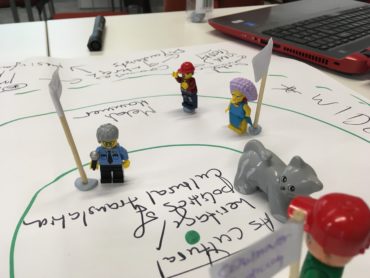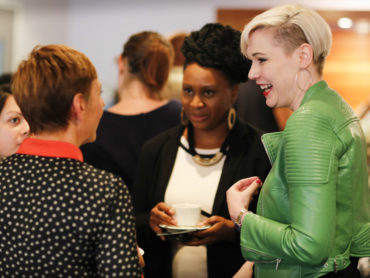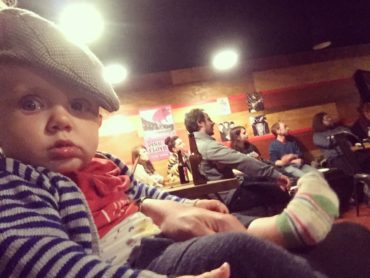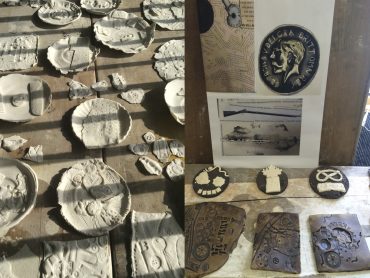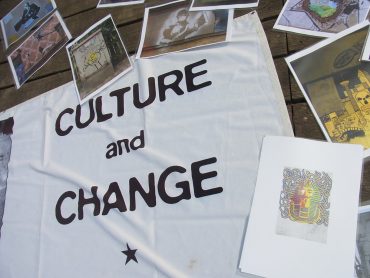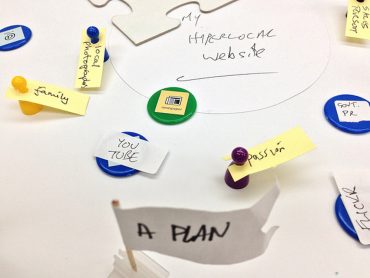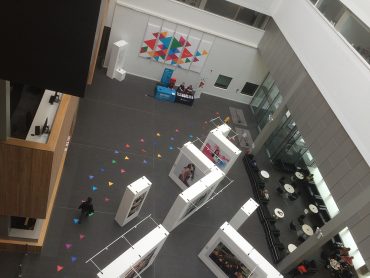Cultural Leadership and Diversity: Evaluation of the RE:Present Programme
By Dr Annette Naudin, Birmingham City University
In Spring 2016 I was involved in the evaluation of the RE:Present programme, a new initiative aimed at emergent and established cultural leaders/ producers and artist/leaders from diverse backgrounds who are currently underrepresented in Birmingham.
RE:Present arose out of a series of informal discussions instigated by Assistant Director, Culture and Visitor Economy at Birmingham City Council Val Birchall with Helga Henry and Lara Ratnaraja. The programme was funded by Birmingham City Council and Arts Council England with support from Aston University, University of Birmingham and Birmingham City University.
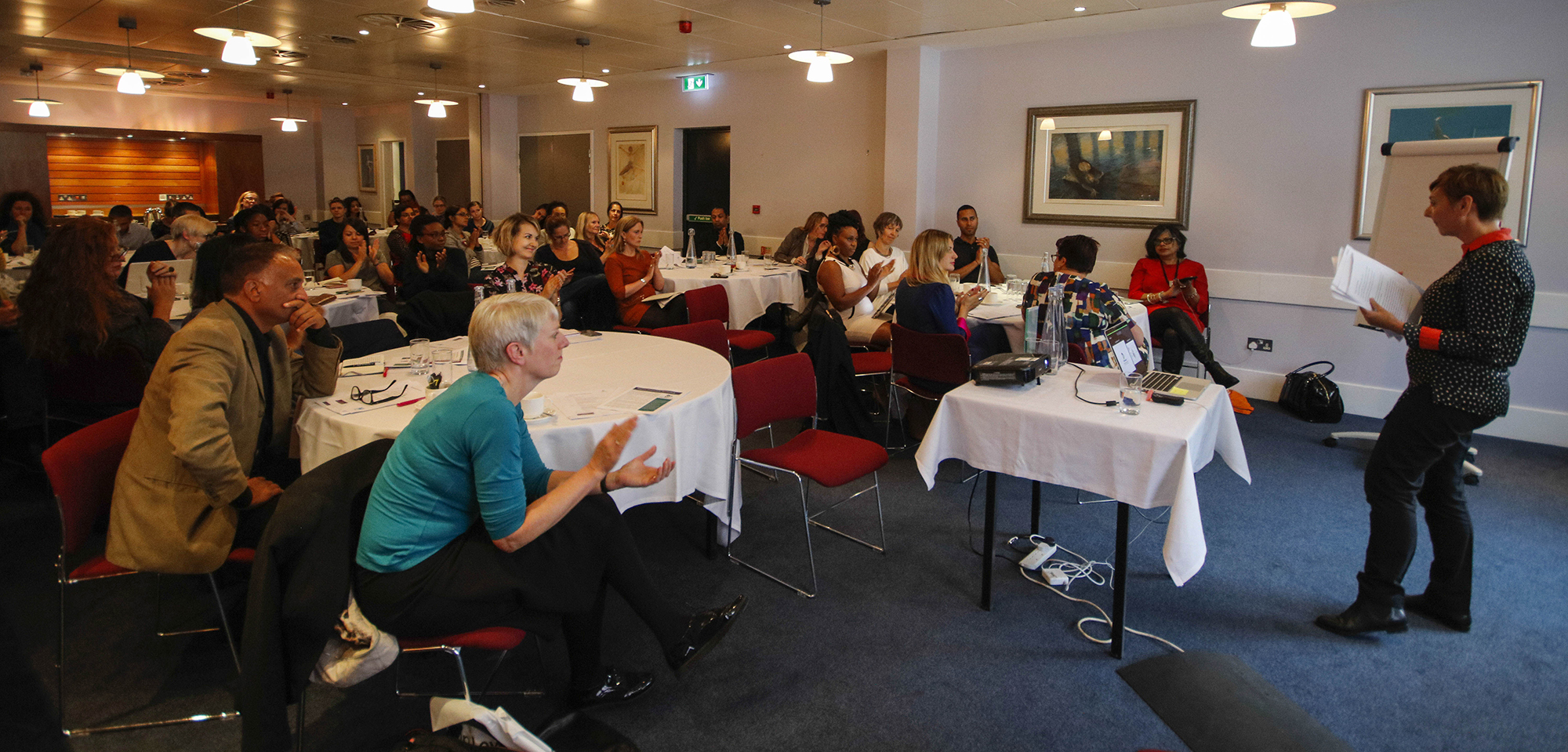
My role as researcher was to observe and interview a sample of the 35 participants who took part in the programme. The findings and recommendations from my final report were shared on Tuesday 20th September 2016 at the RE:Present symposium. The report focused on initial impact and recommendations for the next programme but in the long term, I see this as an opportunity to influence local cultural policy makers and stakeholders, as well as individual cultural leaders.
Key findings from the evaluation suggest that the programme has supported important changes in the participants’ professional development, as cultural leaders.
An outcome of RE:Present is the creation of a new network of cultural leaders and the potential for collaborations. As the majority of participants are freelance or self-employed many of the issues they shared related to challenges such as the loneliness associated with working freelance and the lack of opportunity for long term planning.
In this entrepreneurial context, networks are a key support mechanism providing access to new opportunities, employment, and information about the sector. The result is a range of concrete collaborations and discussions to initiate new projects. Every week I hear that members of the cohort are connecting, employing each other and developing new joint projects.
During the leadership course it was evident that participants are committed to Birmingham and seek to make a difference locally as diverse cultural leaders. To do this effectively, they needed to understand their role within the context of Birmingham’s cultural landscape and RE:Present has reinforced this by making them aware of local policies and connecting them to key people.
A significant issue from my evaluation was a request for RE:Present to be more explicit in discussing ‘diversity’ as it relates to Birmingham’s cultural milieu and as it is experienced by diverse cultural leaders. As scholars have highlighted, there are significant inequalities in the arts and cultural sectors in terms of cultural production, representation and audiences. There is the potential for RE:Present to provide a space for collective action and to explore all aspects of diversity, the full range of protected characteristics. As a collective voice, the participants can express their concerns but also connect with other groups and/or nationwide campaigns.
The impact of RE:Present along with my report highlights what can be achieved in short period of time, by a few enthusiastic individuals. Structures embodied in institutions and policies have a significant role to play in re-thinking approaches to cultural production, representation and cultural value is defined. Although inequalities in the cultural sector cannot be addressed solely by focusing on individual skills development, at a local level, initiatives such as RE:Present can initiate change by engaging a range of people in this debate, connecting individuals, institutions and raising awareness.

Photographs by Josh Swetnam. Images were taken at the RE:Present Symposium which took place on Tuesday 20th September at Birmingham Hippodrome.
